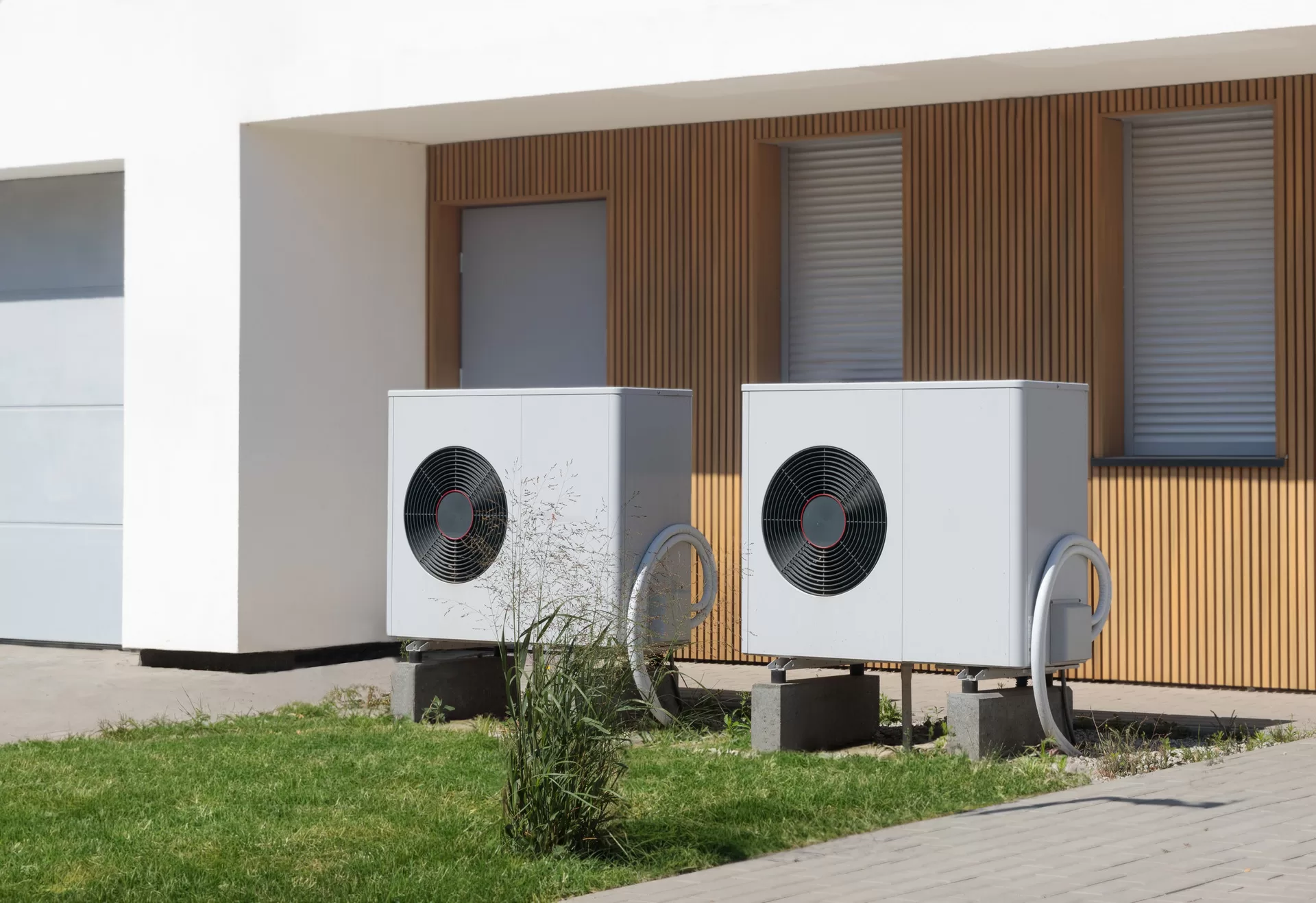Heat pump hot water systems are gaining popularity as energy-efficient solutions for residential and commercial use. However, despite their eco-friendly benefits, several misconceptions about heat pumps persist. In this article, we will discuss five common myths surrounding heat pump hot water systems.
What is a Heat Pump Hot Water System?
Before discussing the misconceptions, it’s important to grasp what a heat pump hot water system entails. Essentially, a heat pump extracts heat from the air, water, or ground and transfers it to water to produce hot water for various applications. This process is energy-efficient, leveraging renewable energy sources to reduce electricity consumption.
Misconception 1: Heat Pumps Are Inefficient in Cold Climates
The Truth: Modern Heat Pumps are Designed for Cold Climates
One of the most prevalent myths is that heat pumps are not effective in colder climates. This statement is far from true. While it’s accurate that earlier versions of heat pumps struggled in low temperatures, technological advancements have led to the development of models specifically designed for cold weather conditions. These advanced systems can efficiently extract heat even when the outside temperature is below freezing, making them suitable for a wide range of environments.
Key Features for Cold Climates
– Enhanced Refrigerants: Newer models use refrigerants that work effectively at lower temperatures.
– Variable Speed Compressors: These adapt to varying temperature conditions to maintain efficiency.
– De-icing Systems: Prevent ice buildup, ensuring continuous operation.
Misconception 2: Heat Pumps Are Expensive to Install
The Truth: Long-Term Savings Offset Initial Costs
Another common belief is that heat pump hot water systems are prohibitively expensive to install. While the initial cost can be higher compared to traditional heating systems, it’s crucial to consider the long-term benefits. Heat pumps drastically reduce electricity bills and require less maintenance, leading to significant savings over time.
Cost Breakdown
| Expense Category | Heat Pump Hot Water | Traditional Heating |
| Initial Installation | Higher | Lower |
| Monthly Energy Bills | Lower (~50-70% savings) | Higher |
| Maintenance Costs | Lower | Higher |
| Lifecycle Cost | Lower in the long run | Higher in the long run |
Misconception 3: Heat Pumps Make a Lot of Noise
The Truth: Modern Designs are Whisper-Quiet
Noise concerns often deter potential heat pump users. Early models did produce more noise, but this is no longer the case. Modern heat pump hot water systems are designed to operate quietly, making them suitable for residential areas without disturbing the peace.
Noise Reduction Features
– Sound Insulation: Materials that absorb and dampen sound.
– Quiet Mode: Some units come with adjustable settings to minimize noise during night-time or low-demand periods.
– Advanced Fan Design: Reduces operational noise significantly.
Misconception 4: Heat Pump Technology is Too Complicated to Maintain
The Truth: Maintenance is Simple and Less Frequent
Many assume that because heat pumps use advanced technology, they must be complicated to maintain. In reality, these systems are designed for ease of use. Routine maintenance is straightforward and less frequent than that required for traditional heating systems.
Common Maintenance Tasks
– Cleaning Filters: Simple task usually required every few months.
– Checking Refrigerant Levels: Annual check by a professional.
– Inspecting and Cleaning the Coils: Periodic inspection ensures optimal performance.
Misconception 5: Heat Pumps are Not Environmentally Friendly
The Truth: Heat Pumps Are Green Energy Solutions
Lastly, there’s a perception that heat pump hot water systems are not as environmentally friendly as promoted. This couldn’t be further from the truth. Heat pumps leverage renewable energy sources, significantly reducing greenhouse gas emissions compared to conventional heating methods.
Environmental Benefits
– Lower Carbon Footprint: Uses less electricity, reducing overall emissions.
– Renewable Energy Utilization: Operates using ambient heat from the environment.
– Recyclable Components: Many heat pump systems are designed with eco-friendly materials that can be recycled at the end of their lifecycle.
Conclusion
Debunking these common misconceptions highlights the true potential and benefits of quality heat pump hot water systems. They are efficient, suitable for cold climates, cost-effective in the long run, quiet, easy to maintain, and environmentally friendly. By keeping these points in mind, you can confidently consider a heat pump hot water system as a viable and sustainable option for your heating needs.

